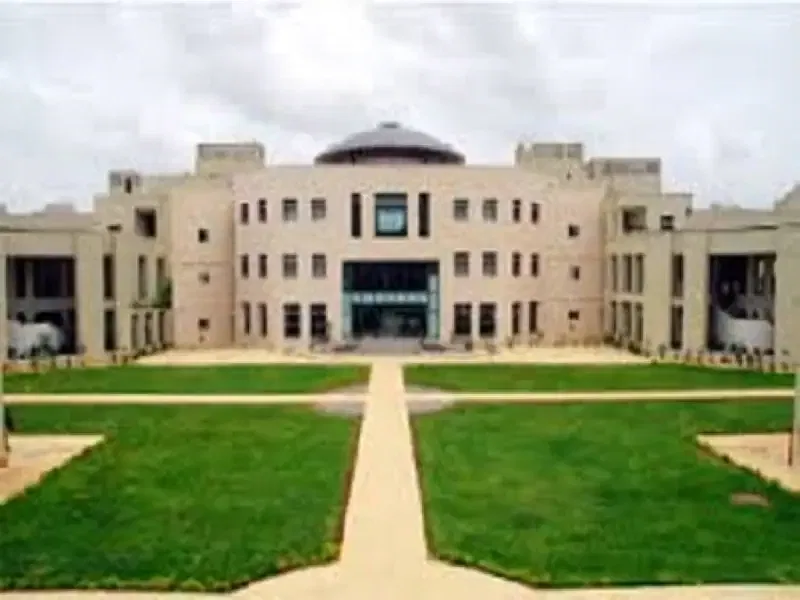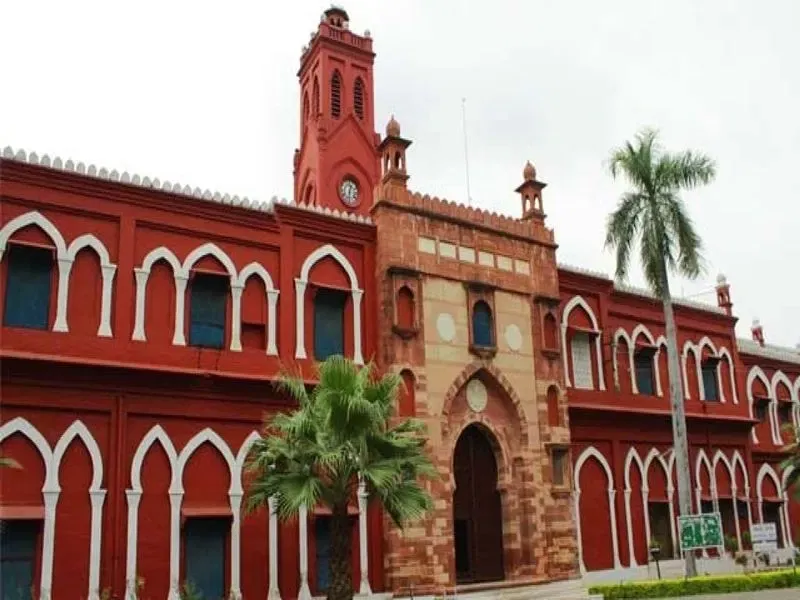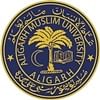M.Sc Statistics Syllabus and Subjects

The MSc Statistics syllabus consists of theoretical and practical knowledge of mathematical methods used to analyze and report data. The MSc Statistics subjects cover topics such as distribution theory, measure theory and probability, matrix algebra and numerical analysis, computer programming, inference, linear models and regression analysis, and sample surveys.
M.Sc Statistics syllabus is well-designed and provides industry-oriented expertise. Hence, the job scope of M.Sc Statistics is extensive across various sectors based on education, forestry, agriculture, biology, medicine, business, etc.
Table of Content
Semester Wise MSc Statistics Syllabus
The M.Sc Statistics syllabus covers a wide range of topics, such as distribution theory, measure theory and probability, matrix algebra and numerical analysis, computer programming, inference, linear models and regression analysis, and sample surveys. The following is the semester-wise MSc Statistics syllabus:
First-Year MSc Statistics Syllabus
The subjects in the 1st Year M.Sc Statistics Syllabus are given below:
|
Semester I |
Semester II |
|
Analysis and Linear Algebra |
Statistical Inference |
|
Distribution Theory |
Design of Experiments |
|
Probability Theory |
Regression Analysis |
|
Sampling Techniques |
Stochastic Processes |
| Linear Algebra |
Theory of Estimation |
| Elective |
Elective |
Practical Topics in the First-Year M.Sc Statistics Subjects
The syllabus of MSc Statistics includes laboratory sessions that will enhance their understanding of theory. Some of the practical Topics in the 1st-year M.Sc Statistics subjects are given below:
- Statistical Computing - Computer representation of numbers, Errors. Bitwise operations. The C Preprocessor, Macros
- Data Analysis - Study of convergence of sequence through plotting
- Problem-Solving Using C Language - Problems based on the solution of a system of linear equations.
Second-Year M.Sc Statistics Syllabus
The subjects in the 2nd Year MSc Statistics Syllabus are given below:
|
Semester III |
Semester IV |
|
Multivariate Analysis |
Econometrics and Time Series Analysis |
|
Generalized Linear Model |
Asymptotic Inference |
|
Testing of Statistical Hypotheses |
Reliability and Survival Analysis |
|
Operations Research |
Statistical Research Methods |
|
Elective |
Elective |
Practical Topics in the First-Year M.Sc Statistics Subjects
Some of the practical Topics in the 2nd-year M.Sc Statistics subjects are given below:
- Statistical Computing - Evaluating Integrals, Decision Trees, Kruskal-Wallis one-way ANOVA test
- Problem-Solving Using SPSS - Likelihood ratio test for testing the equality of several dispersion matrices
- Problem-Solving Using R Software - Problems based on estimation of reliability based on complete and censored samples
M.Sc Statistics Subjects
The subjects in the syllabus of MSc Statistics include the study of distribution theory, measure theory and probability, matrix algebra and numerical analysis, computer programming, inference, linear models and regression analysis, and sample surveys. The following is the MSc Statistics subjects list:
Core Subjects
Some of the core subjects under the syllabus of MSc Statistics are given below:
- Distribution Theory
- Measure Theory and Probability
- Matrix Algebra and Numerical Analysis
- Computer Programming
- Ancillary Mathematics
- Inference
- Linear Models and Regression Analysis
- Design of Experiments
- Time Series Analysis
- Multivariate Analysis
Elective Subjects
Some of the elective subjects in MSc Statistics are given below:
- Bio-statistics
- Operational Research
- Non- Parametric Inference
- Financial Statistics
- Order statistics
- Statistical Quality Control
- Bayesian inference
- Advanced survey sampling theory
- Advanced Theory of Experimental Designs
- Advanced statistical computing and data mining
M.Sc Statistics Subjects in Detail
The Master in Statistics Syllabus is dynamic and includes a wide combination of knowledge based on inferential statistics and descriptive statistics. A detailed view of some of the Master in Statistics subjects is given below:
|
M.Sc Statistics Subjects |
Topics Covered |
|
Analytical Tools for Statistics |
Functions of bounded variation, Riemann integral, Functions of several variables, Complex numbers |
|
Probability Theory |
A brief review of limit supremum, Outer measure, Integral of non-negative simple function, Sample space, and events |
|
Distribution Theory |
Generating functions, Discrete distributions, Continuous distributions, Order Statistics, Sampling distributions |
|
Statistical Inference |
The problem of point estimation, Sufficiency, Fisher’s information measure, Methods of estimation, Limitations of classical inference |
|
Multivariate Analysis |
Bivariate distributions, Multivariate normal distribution, Sampling distribution of multiple correlation coefficient, Classification problems |
|
Design and Analysis of Experiments |
Linear estimation, Principles of experimentation, Factorial experiments, Fixed effect, Split plot, split-split plot, and strip plot designs |
M.Sc Statistics Course Structure
MSc Stats syllabus is split into four semesters and aims to provide students with a detailed understanding of the topics through problem-solving, hands-on exercises, study visits, and projects as part of the M.Sc Statistics program. Following is the general structure:
- IV Semesters
- Core Subjects
- Elective Subjects
- Practical Workshops
- Research Project
M.Sc Statistics Teaching Methodology and Techniques
The MSc Statistics courses include the latest learning approaches and Innovative technologies which include seminars, assignments, workshops, guest lectures, practicals, Internships, and skill development training are mandatory elements within the curriculum of each student. The following methods are generally used in teaching:
- Case-Based Learning
- Collaborative Learning
- Classroom Response System
- Demonstrations
- Group Discussions
- Diagrams and Graphs
- Interactive Teaching
- Lectures
- Problem Solving
- Self Study
- Weekly Quiz
- Group Assignments
M.Sc Statistics Projects
The project evaluation under the M.Sc Statistics syllabus prepares students to manage projects and learn how to implement factors that contribute to task success. Students are required to complete a research project by the end of the fourth semester. The following are the popular projects under the MSc in Statistics syllabus:
- Time Series Analysis of Petroleum Product Sales in Nigeria
- The Statistical Analysis of Crime Recorded in Kuje -Abuja [FCT] from 1999 to 2007
- Comparison of the Strength of Quadrilateral Figure Using a Triangulation Scheme of Minor Degrees
- Analysis of the Regression of the National Income from 1998 to 2003
M.Sc Statistics Course Reference Books
Reference books under M.Sc Statistics are available online and offline from a wide variety of publishers. The following books are useful for students planning to study M.Sc Statistics course:
|
Name of the Books |
Authors |
|
Introduction to Probability & Statistics |
V K Rohatgi |
|
The Fundamentals of Mathematical Statistics |
S C Gupta and V K Kapoor |
|
An Introduction to the Theory of Statistics |
Mood and Graybill |
|
An Introduction to Mathematical Statistics |
Hogg and Craig |
|
Statistical Methods |
N G Das |
Top M.Sc Statistics Colleges
Top Science Entrance Exams
M.Sc Statistics Fee Structure
FAQs on M.Sc Statistics Syllabus and Subjects
Q: What is the 1st year syllabus of MSc Statistics?
Q: What are the core subjects of MSc Statistics?
Q: Is the MSc Statistics course theoretical?
Q: What are the important books for MSc Statistics?
Q: What are the projects in MSc Statistics?
























